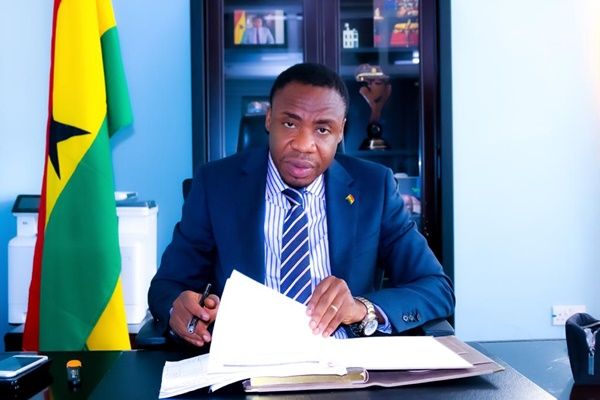By: Emmanuel Amoah
The government has announced that plans are in the final stages to permanently include kidney disease dialysis in the services covered by the National Health Insurance Scheme (NHIS).
According to Dr. Da-Costa Aboagye, CEO of the National Health Insurance Authority (NHIA), the board is scheduled to meet next month to finalize this decision. He highlighted that this move follows the current initiative in which the NHIA has been partially covering the cost of dialysis for patients since June, with the most vulnerable receiving eight free sessions per month, while others benefited from subsidies.
The free dialysis program, launched by the government four months ago, is set to expire in two months. This has sparked concerns among stakeholders about what will happen once the program ends, especially given the challenges that plagued the initiative early on, including dissatisfaction from renal disease patients.
However, Dr. Aboagye has assured the public that these concerns have been addressed and that the program will be sustained. He explained, “Our team has analyzed the data and determined that we can support dialysis patients without exhausting the allocated funds. There will be positive developments starting next month. The board needs to make a formal decision, but we’ve realized that the actual cost of dialysis is lower than projected, based on the usage data from the specialized facilities we selected.”

He added that all initial challenges with the program had been resolved. “We started the program in June and have already paid for the months of June and July, as well as August and September in advance, to ensure the facilities have the necessary funds to continue offering services,” he said. Dr. Aboagye also confirmed that patients who paid for dialysis in June have been reimbursed, mentioning Major Ankara, the leader of a patient advocacy group, who expressed appreciation for the unprecedented support.
A special case involved Korle Bu Teaching Hospital, which had been receiving subsidies from a philanthropist. To ensure fairness, the NHIA has worked to bring all patients to an equitable level by adjusting the funds to reflect the same standard across all facilities.
The government’s six-month free dialysis program was introduced following public outcry over the cost and accessibility of dialysis treatments in the country. With this new initiative, the NHIA aims to ensure long-term support for patients with renal disease nationwide.






